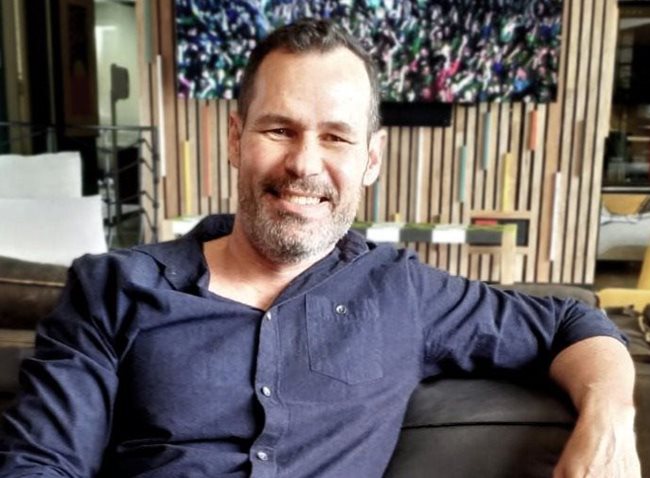#BizTrends2022: Change is trending

Covid-19 was such a dastardly agent of change and the biggest trendsetter of our time. One day we were all happily going about business as usual and then normal was gobbled up by a not-so-new-now normal.
The first trend the pandemic kick-started was the acceleration of communication technology.
With so many people suddenly working from home, the demand for remote networking skyrocketed. The second trend it catalysed was the decentralisation of talent and administrative labour. Both these trends are important for employers to take note of. A business that cannot adapt itself to these will not survive the coming decade.
Hybrid models
On the creative agency level, this meant that the traditional studio model was no longer viable, but the opposite also proved to not be ideal. A completely decentralised agency cannot create a culture nor own its own identity, both pillars central to the agency brand.
Hybrid models proved ideal, and most agencies are trending towards this. No more seven-day weeks at the office, only two to touch base with teams and brainstorm. This approach requires a solid core of permanent staff but also benefits from the talent injection of a steady rotation of freelancers. The adoption of a weekly virtual Townhall is also a phenomenon that has emerged within this hybrid agency structure. Pitches migrated to digital-only with the more prominent brands receiving full-fledged production level attention.
Agencies that had adopted this hybrid system post quarantine have recorded increased productivity as well as improved staff retention and overall improved mental health. Agencies that have gone in either of the opposite extremes have either lost valuable staff due to authoritarian traditionalism or their brand identity became diluted as they migrated into talent brokering.
EFT’s, NFT’s and the metaverse
From hybrid models to EFT’s, NFT’s and the Metaverse. These are part of one ecosystem that is still in its early development phase but directly related to the remote working current state of the world.
Like the internet, these digital trends will change the way we live and work, but as much as Mark Zuckerberg want to be the prophet of change and own an intangible whole like the internet, the metaverse will not belong to one company, but to many.
Google is a massive corporation that generates enormous income with the internet, but it does not own it. It’s a global network that nobody understood at first and everybody uses today. The world can no longer operate without it. This is the future of the metaverse, which itself is essentially the virtual manifestation of the internet, the internet made “tangible” and habitable.
Before this trend can take hold the same things that held the internet back, such as bandwidth, hardware, infrastructure, and haptic interfaces must first be exponentially improved along with the VR technology.
The next step up from the internet of things, 5G, will have to be 6G, a fully established internet of virtual worlds and the augmented real world. Once the technology has reached this goalpost a digital economy where EFT’s serve as tender to purchase NFT’s that denote ownership of virtual commodities will begin to grow exponentially. Potentially such an economy will be as large if not larger than that created by the internet.
So, what is the metaverse in simple terms? It’s a digital world we will be able to exist in. Think Ready Player One. Once the world has migrated to the metaverse this will also be where future employment and entertainment will be found.
For advertising, this is heaven-sent. If we could turn Santa red for Coca-Cola, make diamonds valuable and create a brand worth in the minds of consumers we can add value to virtually anything virtual. This trend means that now is the ideal time to open a virtual agency in the Metaverse.
With the steady growth of automation, robotics, AI, and self-driving vehicles we are on a collision course with a future where labour, even white-collar, will no longer be a necessity in the same way that encyclopaedias, dictionaries, and physical media are no longer required. This is where the relevance of the metaverse becomes paramount.
In a future where human labour and professional services are no longer needed what will have value? This is where the ability to create value, one of the core functions of advertising, will become extremely valuable. The talent to create demand will be in great demand.
The renaissance is upon us. Just not in the way we thought it would come about. Today change is virtual. The future is virtual. Covid-19 just gave the whole thing a little bit of a push and accelerated our virtual future.








